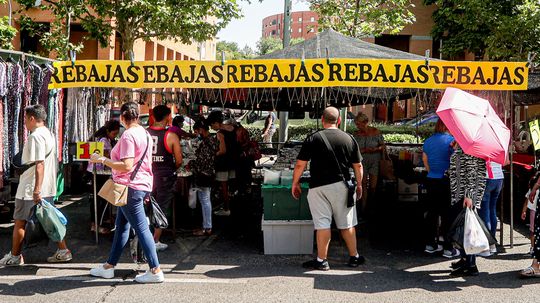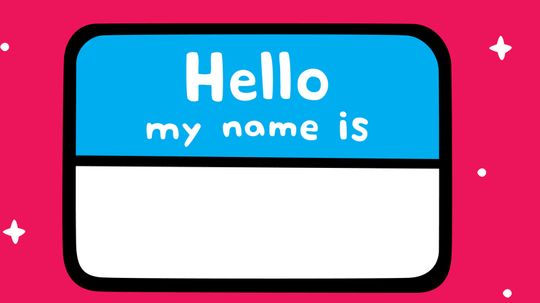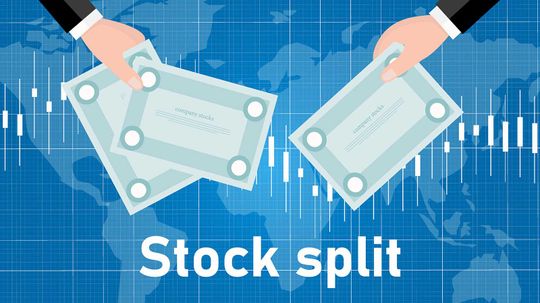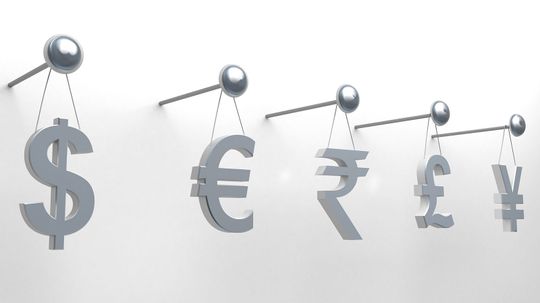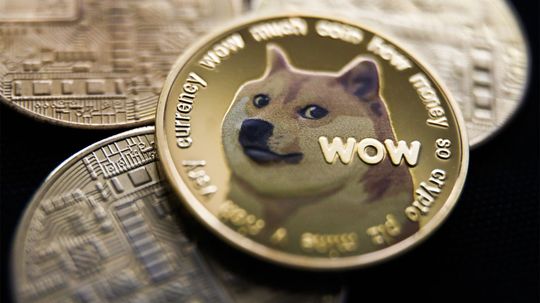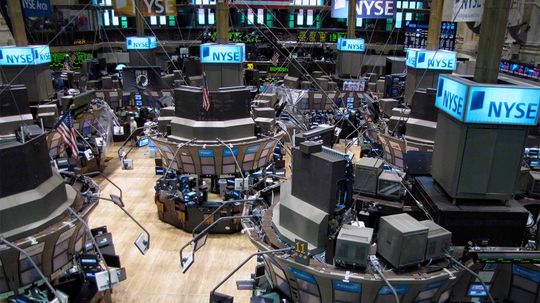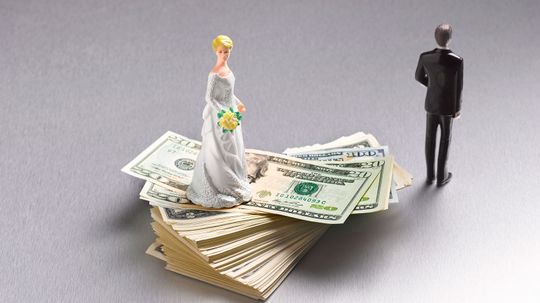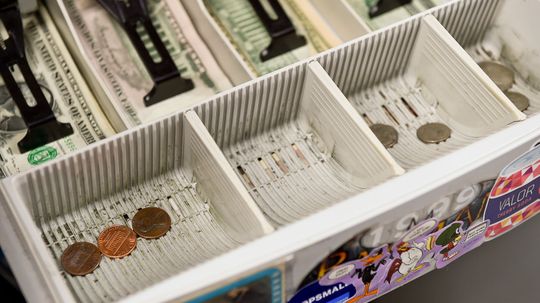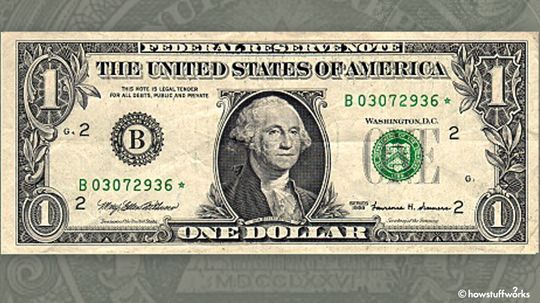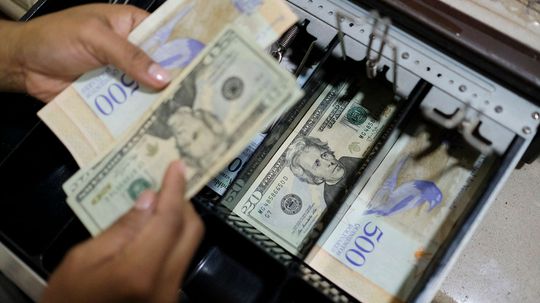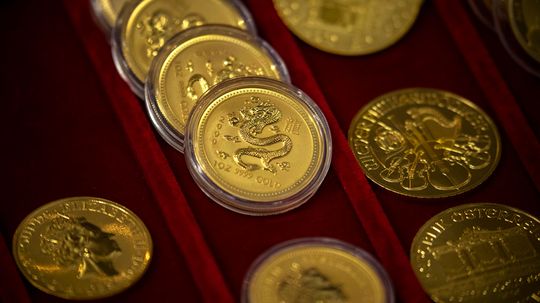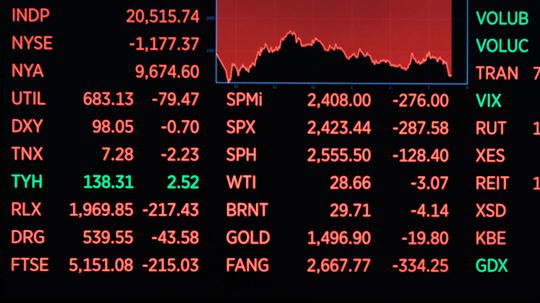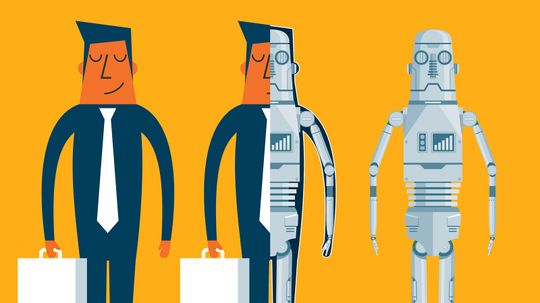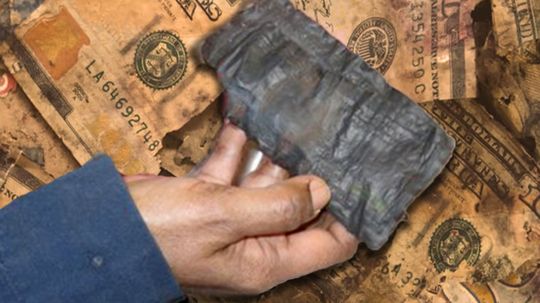Economics
Curious about capitalism, the monetary system or white collar crime? Check out these articles. The Economics Channel defines and explores economic terms and controversies.

Want to Support Veterans? 4 Tips for Finding Good Charities

No Shave November Is More Than Mustache Month
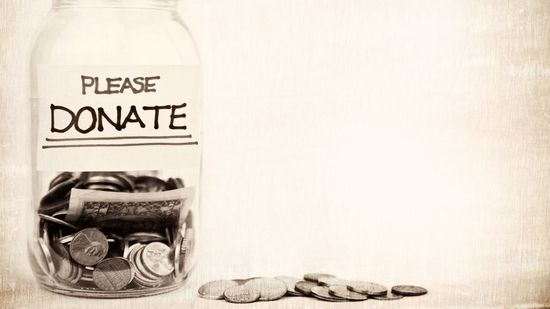
5 Questions to Ask Before Donating to a Charity

The Least Valuable Currency, Compared to the U.S. Dollar
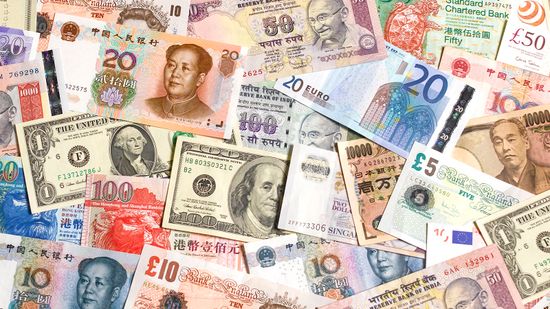
What Is the Strongest Currency in the World?
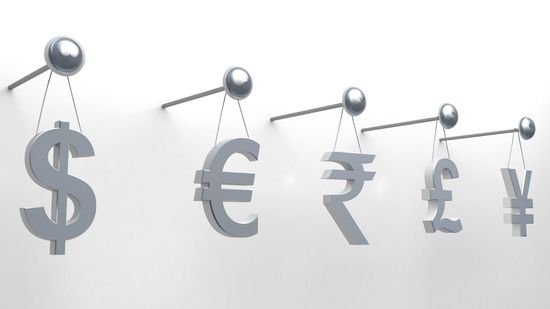
The Fascinating Stories Behind 5 of the World's Big Currency Symbols
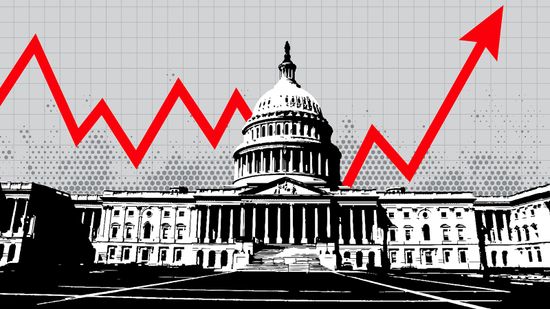
10 Largest Economies in the World, Ranked by Nominal GDP

What's the Most Expensive State to Live In?
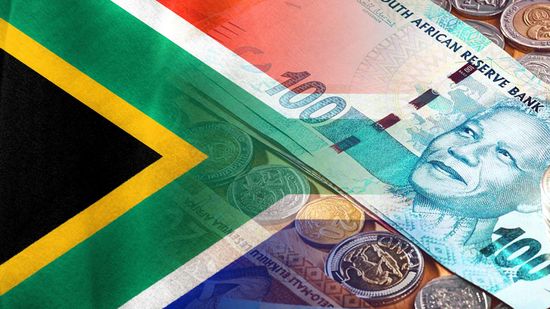
The Richest Countries in Africa, Based on GDP
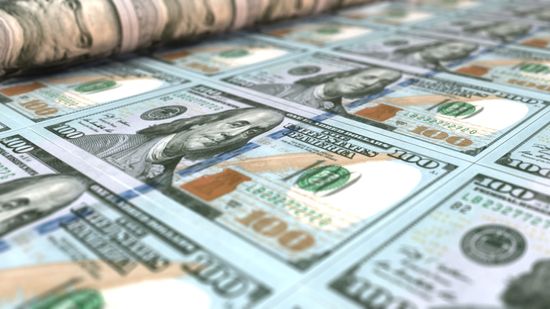
The 10 Countries With the Most Billionaires Span 4 Continents

How Many Billionaires Are in the U.S.? More Than Any Other Nation

The Richest Kid in the World Is Worth $5B — Which Royal Is It?
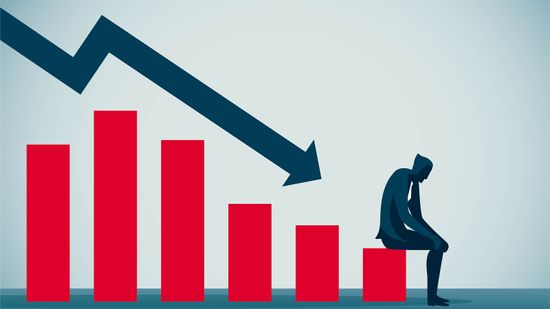
10 Worst Recessions in U.S. History, Listed Chronologically
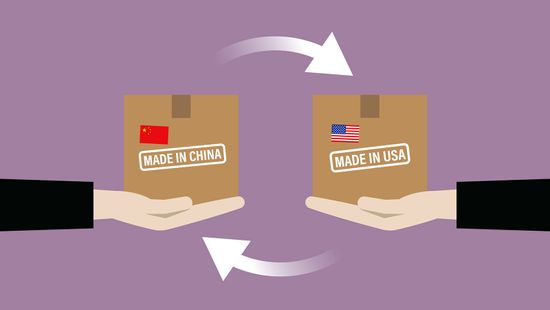
Retaliatory Tariffs, Trade Wars, Crashing Economies, Oh My!

Why the U.S. Monthly Jobs Report Matters

10 Landlord-friendly States (Spoiler: No West Coast Candidates)

Most Dangerous Cities in the U.S. by Cost of Crime per Capita

Who Paid the Largest Criminal Fine in History and Why?

Neighbor-spoofing Robocalls Are the New Nuisance

The 10 Most Counterfeited Products in The World

Crowdfunding or Crimefunding? Fraudsters Kickstart Money Laundering Campaigns
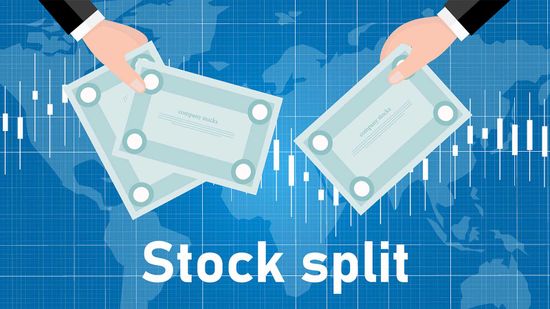
Why Big Companies Like Tesla and Amazon Are Splitting Stocks
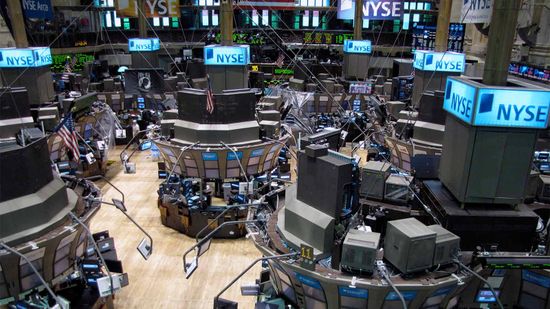
What Time Does the Stock Market Open?
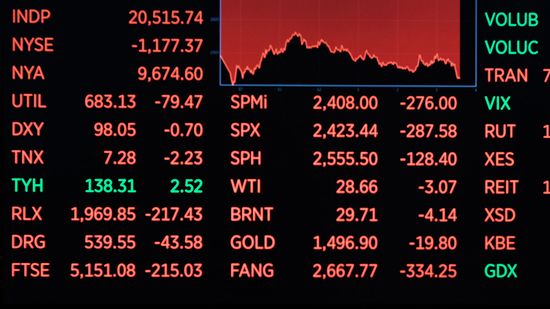
What Causes Stock Market Trading to Halt?

How to Volunteer to Help Disabled Veterans

10 Best Volunteer Activities in Retirement

Does the Peace Corps want retired volunteers?
Learn More / Page 2
Inflation in the U.S. was over 9 percent in June but many countries in Europe have even higher rates. What's causing the global spike?
Changing your name legally can involve a lot of steps. We'll break it down for you.
An economist explains the difference between a true bear market and a correction, and whether a bear market always signals a recession is on the way.
Advertisement
Some of the biggest companies in the United States just announced stocks splits. What is a stock split and what does it signal to average investors?
By Dave Roos
Why does the dollar sign have a slash? Did a British pound originally weigh 1 pound? Find out the stories behind these and other currency symbols.
Disconnecting Russia from the Society for Worldwide Interbank Financial Telecommunication (SWIFT), could cripple its ability to trade with most of the world. Here's how SWIFT works.
High food and gas prices blowing your mind? Issues with the supply chain are causing prices to rise on everything from gas to groceries as inflation soars.
By Craig Austin
Advertisement
One of the vital statistics of a company or an individual is called the debt-to-equity ratio. But the key is knowing how to interpret this important metric in relation to future needs and investment plans.
By Dave Roos
Dogecoin started out as a spoof, but is now an actual cryptocurrency with tens of billions of dollars in value. So, should you invest in it?
It's not just people on the top. Even janitors and home health aides are often asked to sign noncompete agreements. Why's that? And will a company really sue you if you break one?
By Dave Roos
Every month, the U.S. Bureau of Labor Statistics releases a report that looks at the unemployment rate, among other job-related data in the country. But who counts as "unemployed" can be tricky.
By Dave Roos
Advertisement
The New York Stock Exchange has changed its hours many times since its inception in the late 18th century. Why? And what hours does it keep now?
Non-fungible tokens, or NFTs, are a way to turn digital art into an asset that can be stored in a blockchain ledger. They could revolutionize the art business. Still confused? Enter the brave new world of NFTs.
UBI stands for universal basic income, a guaranteed government cash payment. Pilot programs are testing whether having UBI improves lives. What have they learned so far?
By Dave Roos
If you buy anything via a loan, like a house or car, the bank puts a lien on that property until it is paid off. But liens can also be placed on your property by other folks and without your consent, depending on circumstances.
Advertisement
Alimony is on the decline in the U.S. but can still bring out a highly emotional response during divorce. Here's what you need to know about alimony.
By Dave Roos
Just when America seemed to be getting over the great toilet paper shortage, the next thing in short supply was coins. But why?
By Dave Roos
Most U.S. currency contains a serial number that ends with a letter, but some end or begin with a star instead. What does the letter stand for? What is the significance of the star?
Gas prices have plummeted across the U.S. since the coronavirus pandemic. That might be a good thing for your wallet, but is it good for the economy? It depends.
Advertisement
Around the world, people convert their money into U.S. dollars for safety, making it the de facto global currency. But how did the U.S. dollar become so mighty and could it ever be replaced?
By Dave Roos
In challenging economic times, people often turn to gold as a hedge against a falling stock market. But is this a good idea?
By Dave Roos
During volatile periods in stock markets, exchanges will often employ "circuit breakers" to keep stock prices from falling too far too fast. So how do these work around the world?
By Dave Roos
Economics law says that demand goes down when price goes up. But Veblen goods work the opposite way - when price goes up, so does demand. How do these goods get so lucky?
By Dave Roos
Advertisement
Bill Gates thinks it should. Payroll taxes from workers fund Social Security, Medicare and defense among other federal programs. But other experts firmly disagree.
By Dave Roos
What happens when your cash gets damaged due to fire, flood or Fido deciding to eat it? Are you just out of luck?
